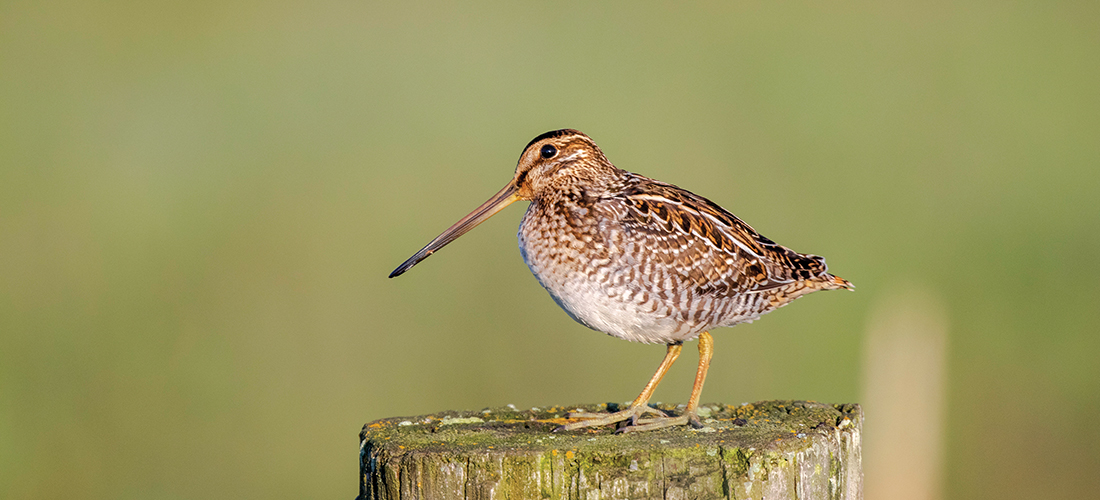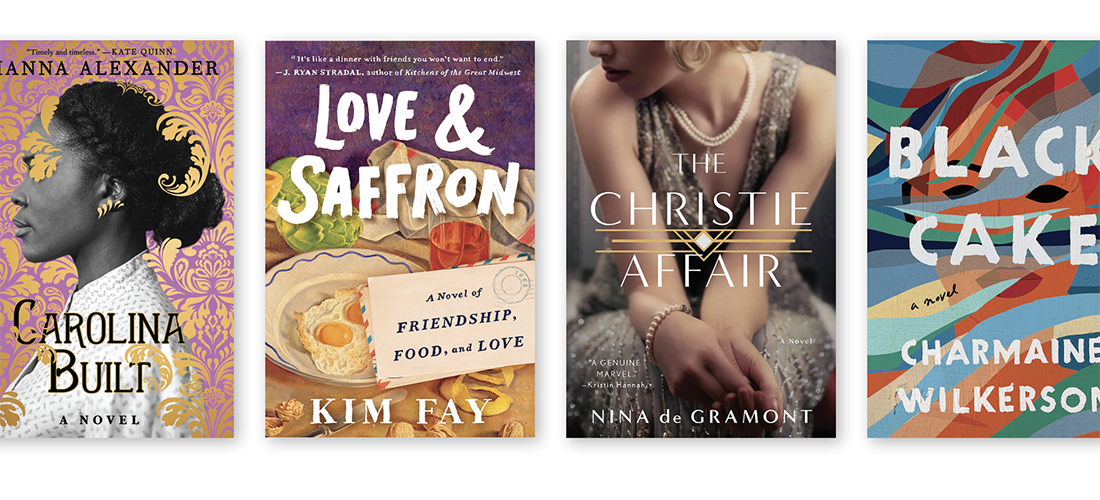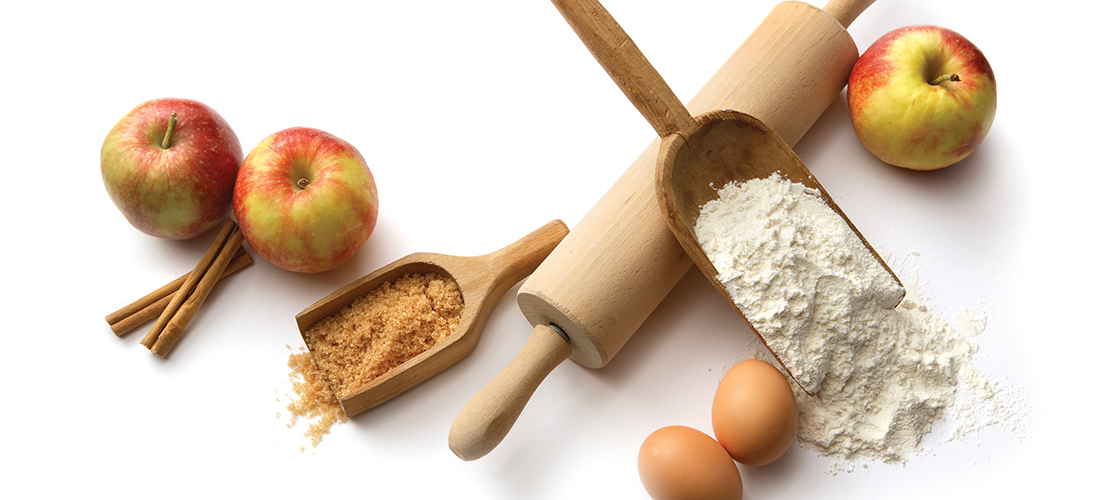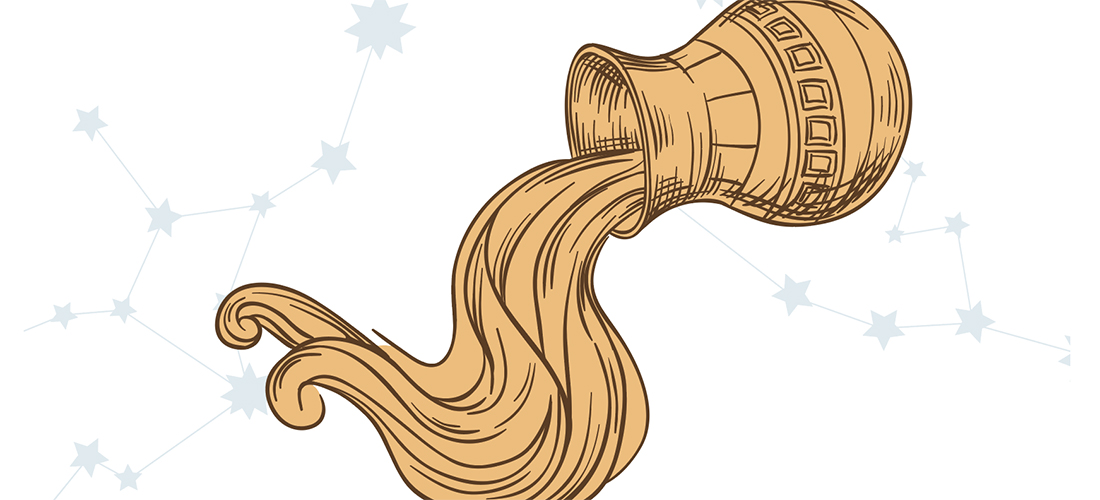Red Clay and Jewels
Jaki Shelton Green captures the beauty and cruelty of humanity
By Wiley Cash • Photographs by Mallory Cash
To read the work of North Carolina Poet Laureate Jaki Shelton Green is to know exactly where her inspiration comes from; it comes from the red clay of Orange County, North Carolina, where a little girl leaves footprints in the dirt as she follows her grandmother down to the water’s edge, fishing pole in hand; it comes from the silence of held breath as parents hide their children beneath the pews of a darkened church while the Ku Klux Klan encircles the building; it comes from the peace and grandeur of a community-owned cemetery on a warm winter day when the past, present and future stretch out on a continuum that can be seen and felt. You can open almost any page in Jaki’s numerous collections of poetry and plant your feet firmly on that same red clay, witness the suffocating fear of racial terror, and feel the healing energy of the dead as they gather around you.
I’ve known Jaki for years, mostly as a fellow writer at various festivals across the state. I’ve also hosted her for my own literary events when I needed the kind of in-person power that only a writer like Jaki can bring. To witness her read her poetry is akin to witnessing a god touching down on Earth to opine on the beauty and brutality of humanity. But I had never visited Jaki’s home, nor had I ever joined her on her native soil in Orange County.
When my family and I pulled into the driveway of the neatly kept ranch home where Jaki lives with her husband, Abdul, she immediately opened the door to her writing room and welcomed us with a wide smile. Inside, morning light poured through the windows on the east side of the room. In the center sat a long table where Jaki’s laptop was open as if she’d just paused in her work. Books were stacked throughout the room, not as if they were being stored, but as if they were being read, the reader having taken a break here to pick up another volume there. Art adorned the space: paintings, framed jewelry, sculpture, photographs.
I smiled as my eyes took in the room.
“Jaki, this is exactly where I thought you’d live,” I said.
“You should’ve seen it when I bought it,” she said. “I think it had been condemned, but this was the house I wanted. My family begged me not to buy it.”
It was nearly impossible to believe that this place so clearly suffused with peaceful, creative energy had ever been absent of life, but perhaps that speaks to the regenerative power of Jaki’s spirit.
“Years ago, I bought this house just before Thanksgiving,” she said, “and then I got to work on it. By the holidays I was ready to host our family Christmas party.”
Jaki took a seat at her writing table while my wife, Mallory, unpacked her photography gear. I followed my daughters into the living room, where Abdul set down a small cradle full of handmade dolls for our daughters to play with. He and Jaki have a 3-year-old granddaughter, and they are used to having small children underfoot. Later, as Abdul prepared breakfast for Jaki’s 105-year-old mother, who lives with the couple, he patiently listened as my first-grader shared with him the moment-by-moment intricacies of her school day while my kindergartner crawled on the kitchen floor, answering only to the name “Princess Kitty.”
“How did you and Jaki meet?” I asked him.
He smiled. “I was working in a furniture store, and Jaki came in. It didn’t seem like anyone else was interested in helping her, so I asked her what she was looking for. She said, ‘I don’t need help, brother. I know how to look for furniture.’”
He finally got Jaki to share that she was in the market for a fainting couch, and that only made him more interested in her. “I found out she was a poet,” he said, “and I went to the bookstore and bought some of her books, and then . . . ” He smiled and shrugged as if nothing more needed to be said.
Throughout the house, framed photographs of family members lined the walls, some of them recent pictures of grandchildren, others weathered black and white portrayals of family members who have been gone for decades. Jaki’s voice drifted into the living room, and I could hear that she was talking about her daughter Imani, who passed away from cancer in 2009 at the age of 38. I never met Imani, and I only know her through Jaki’s heartrending poem “I Want to Undie You,” but as I looked at the photographs throughout the house, I wondered if I was seeing photos of Imani at the same moment her mother was evoking her name. Jaki, as if sensing my search, called to me from her writing room.
“Do you want to go out to our family’s cemetery where Imani is buried?” Jaki asked.
“Of course,” I said, sensing that we were being invited into a sacred space. “Will it be OK if I ask you some questions out there?”
“That’s probably the best place for it,” she said.
We left Abdul behind to serve breakfast to his mother-in-law, and Jaki climbed into the passenger’s seat while Mallory squeezed between the girls and their car seats in the back. Jaki turned and looked at them. “So, you girls like jewels?” They nodded, and she opened her hand and dropped gorgeous, polished rocks into theirs.
The private cemetery where Jaki’s ancestors and other community members are buried sits just a mile or so up the road. Forests bordered the cleared land on both sides, and across the gravel road a crane stacked felled trees in a lumber yard, the low rumble of its engine edging through the air.
Jaki and I sat down on a bench that had been placed by Imani’s headstone by Jaki’s two surviving children. Jaki looked at the markers around her, the names on them so familiar that she didn’t even have to read them to know who rests there.
“I will never forget standing out here when my father was being buried, and my mom looked at Sherman (Jaki’s first husband) and me and said, ‘It’s all right, because y’all are going to have a baby next year.’ And we did.”
Jaki grew up in a close-knit community called Efland less than 7 miles away, where two A.M.E. churches anchored the community. Her family members were active at Gaines Chapel A.M.E., and it was there that Jaki was first encouraged to write by her grandmother, even though she wanted to be a scientist or an oceanographer.
“I was fascinated by the stories around me,” Jaki said, “especially what was happening on Sunday morning. As a child I would sit there and make up stories about people, and my grandmother gave me little notebooks to write in. I was very nosy, but I’ve come to understand that writers should be nosy. We should be nosy about everything.”
According to Jaki, she was not only nosy about the people in her congregation, she was nosy about the world around her, constantly asking questions like, “Where does the rain really come from?” and, “What makes dark dark?” You can see the questions in her poetry. In “I Wanted to Ask the Trees,” about the trauma of lynching in Black communities, she writes:
I wanted to ask the trees. do you remember. were you there. did you shudder. did your skin cry out against the skin of my great uncle’s skin.
“I want to tell stories of the South that are being erased and forgotten while reminding people that what’s nostalgic for some Southern writers is absolutely terror for others,” Jaki said. “White people talk about hound dogs in one context, but when we think about hound dogs we think about full moons and lynchings. When people talk about coon dogs, the coon was us.”
When I asked Jaki why she left the South as a young person, she made clear how complicated her exodus was for her and her family. She was kicked out of public school in Orange County for organizing and participating in a walkout after Black students demanded equity during school desegregation. Before readmitting her, the board of education insisted that she sign an affidavit promising that she would not participate in or encourage any acts of civil disobedience. Her parents, themselves active in political and social issues, saw the board’s demand as an infringement on their daughter’s rights. She was readmitted, but being branded a troublemaker made life harder than she deserved.
After being offered an academic scholarship to a Quaker boarding school called George School in Bucks County, Pennsylvania, Jaki headed north. For the first time in her life she was living outside the South and away from her family, surrounded by young people from all over the world, from different backgrounds and classes. “It took me leaving to really look back and see the entire landscape,” she said.
Although she’d written poetry from an early age, leaving home and encountering the work of Amiri Baraka, Sonia Sanchez and Nikki Giovanni made clear to Jaki the urgency of putting herself and her people on the page. Though away from home, she understood that life continued on in rural Orange County, the cycles of birth and death and political upheaval and cultural change never ceasing.
“If we don’t tell ourselves who we are, then someone else will tell us who we are,” she said.
Jaki and her first husband returned to the South after starting a family because they wanted their three young children to know their great-grandparents, to experience their wisdom and love, to know the place that had forged the lives of their ancestors.
Sitting in the cemetery where so many of those ancestors and Jaki’s daughter have been laid to rest, Jaki is clear-eyed about the journey that saw her exiled from public school in Orange County to visiting public schools across the state as North Carolina’s first Black Poet Laureate.
“There’s nothing magical about how I’ve arrived at this place,” she said. “It’s called working hard. It’s called having determination about what you want, and really knowing who you are.”
The little girl who wanted to be an oceanographer became a writer instead, still asking questions about the world around her, still investigating it, continuing to draft poetic reports on the place she has always called home, the landscape where inspiration takes root and ideas are born, nurtured, and recorded. OH
Wiley Cash is the Alumni Author-in-Residence at the University of North Carolina Asheville. His new novel, When Ghosts Come Home, is available wherever books are sold.







